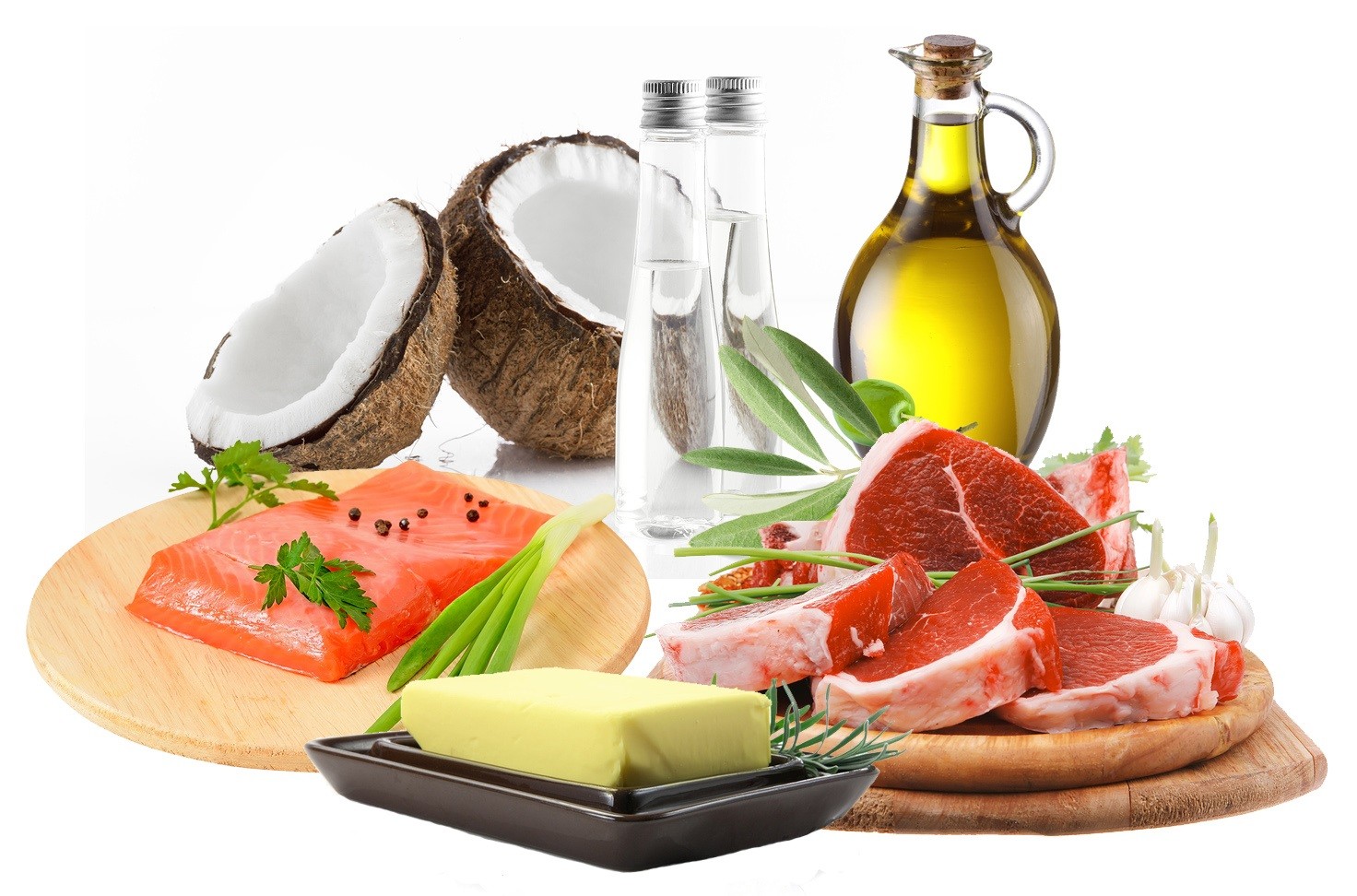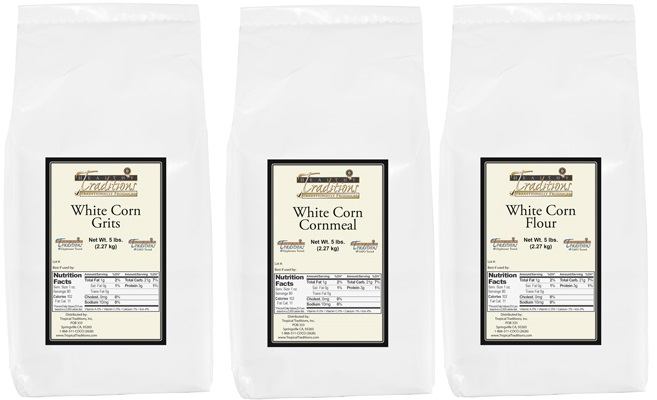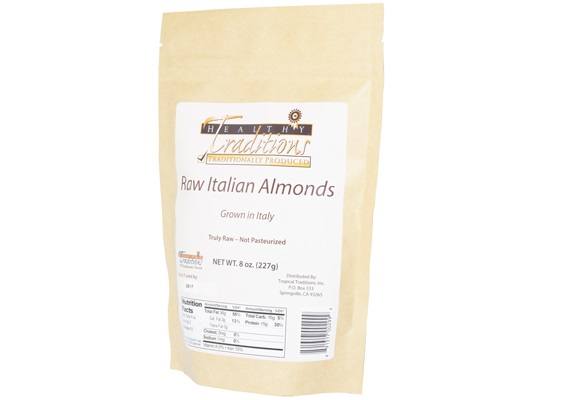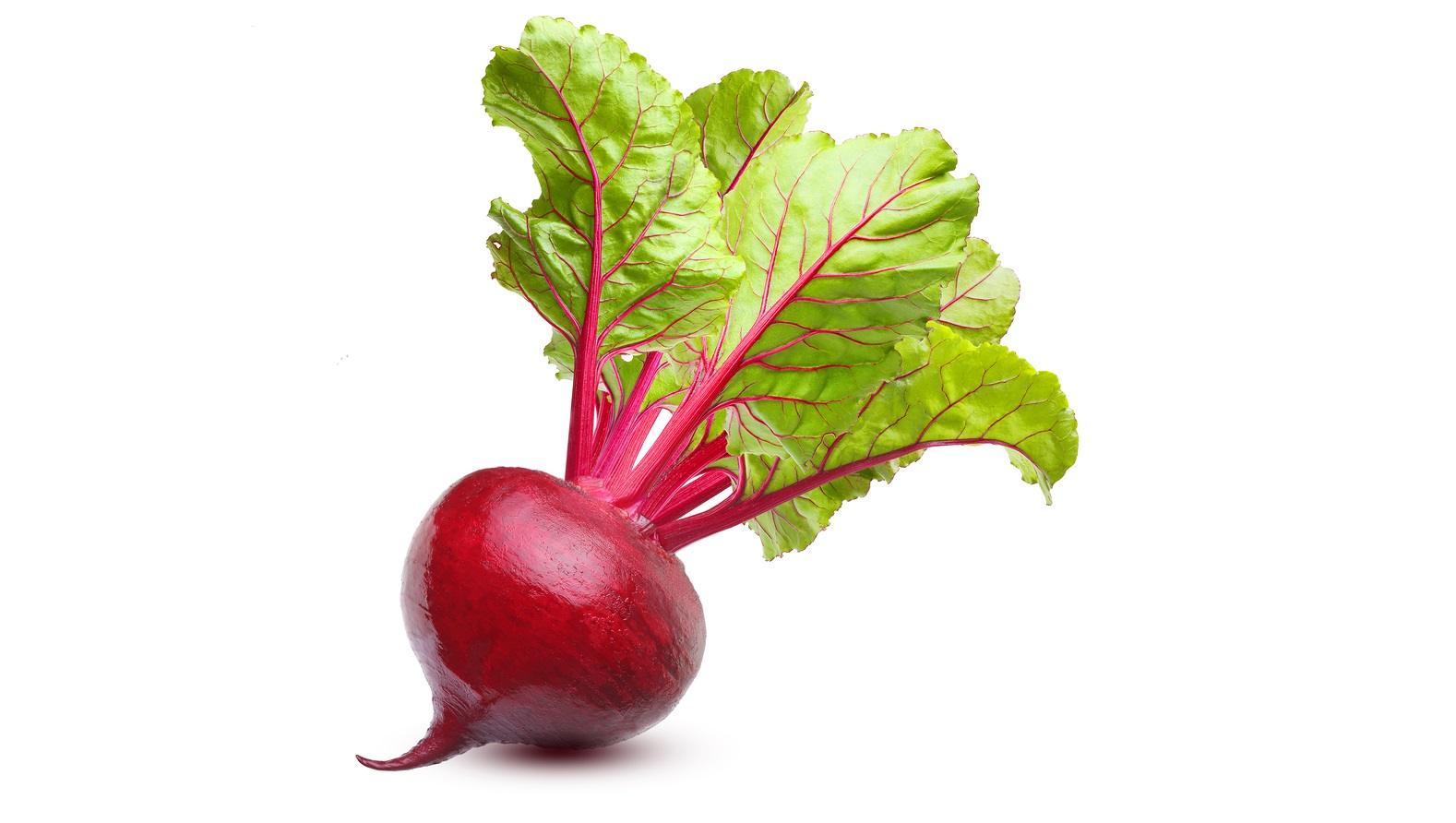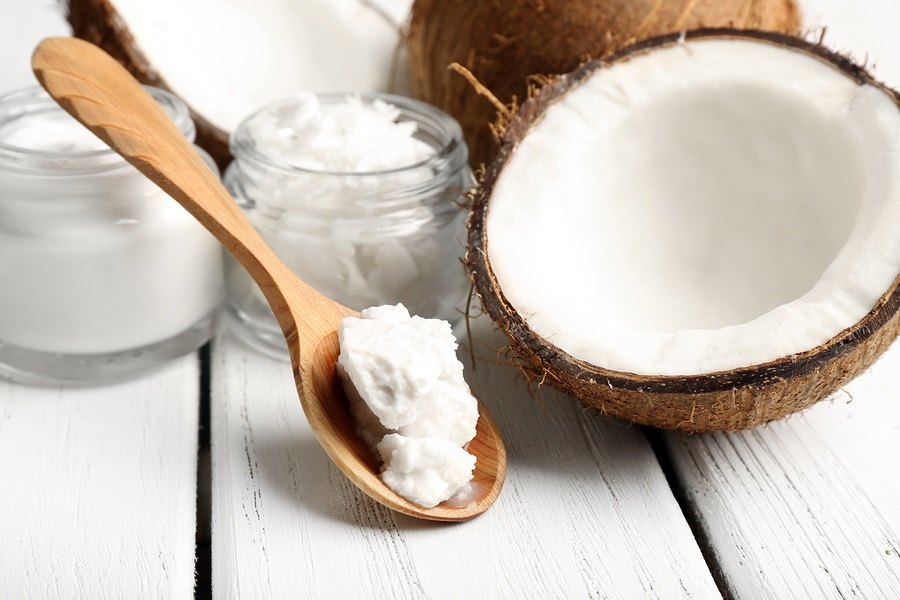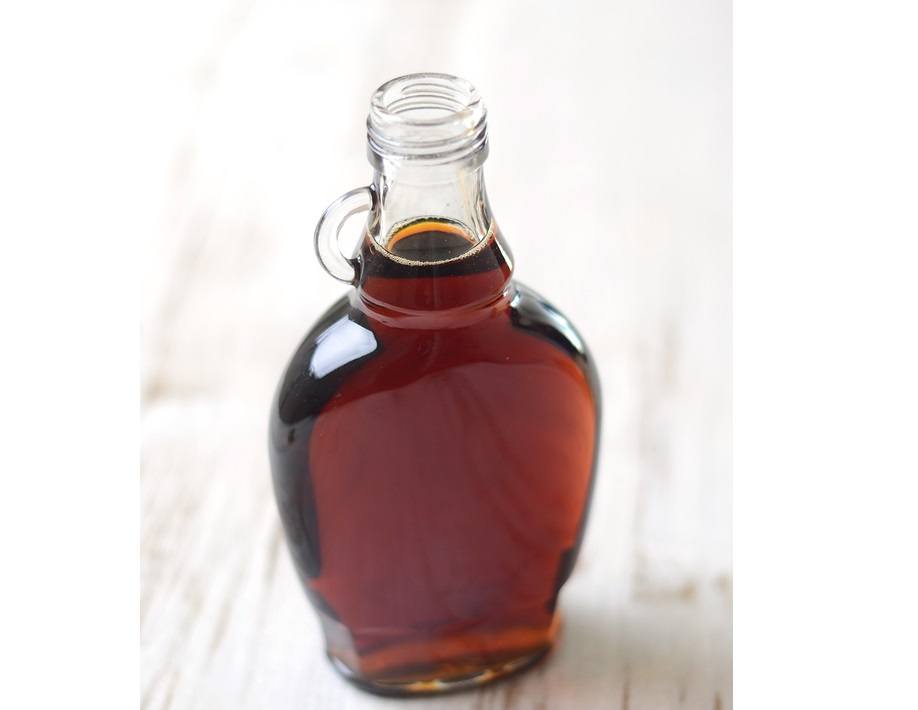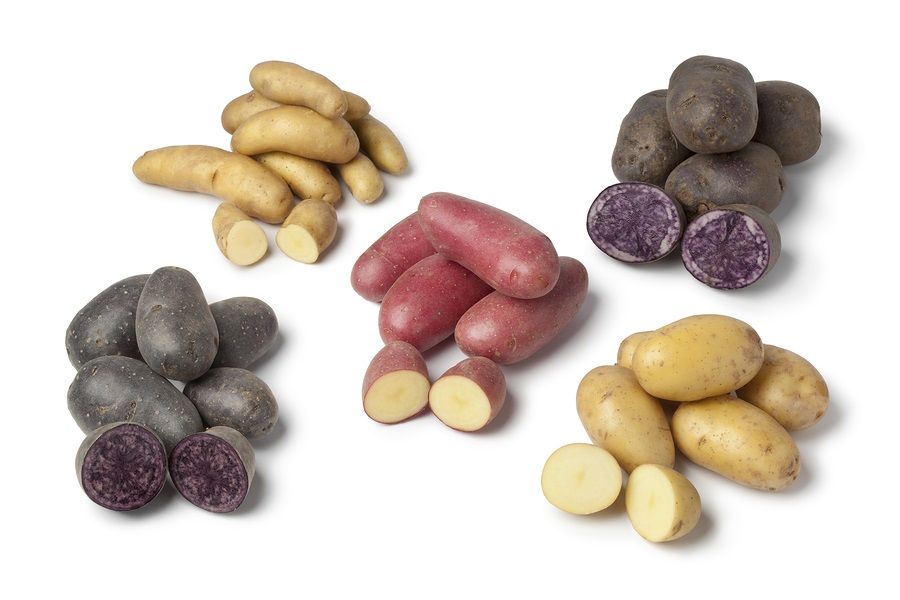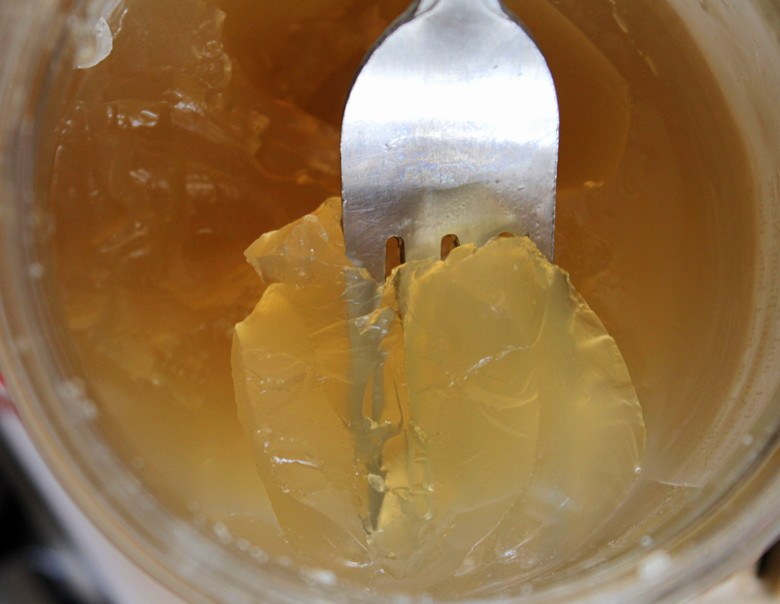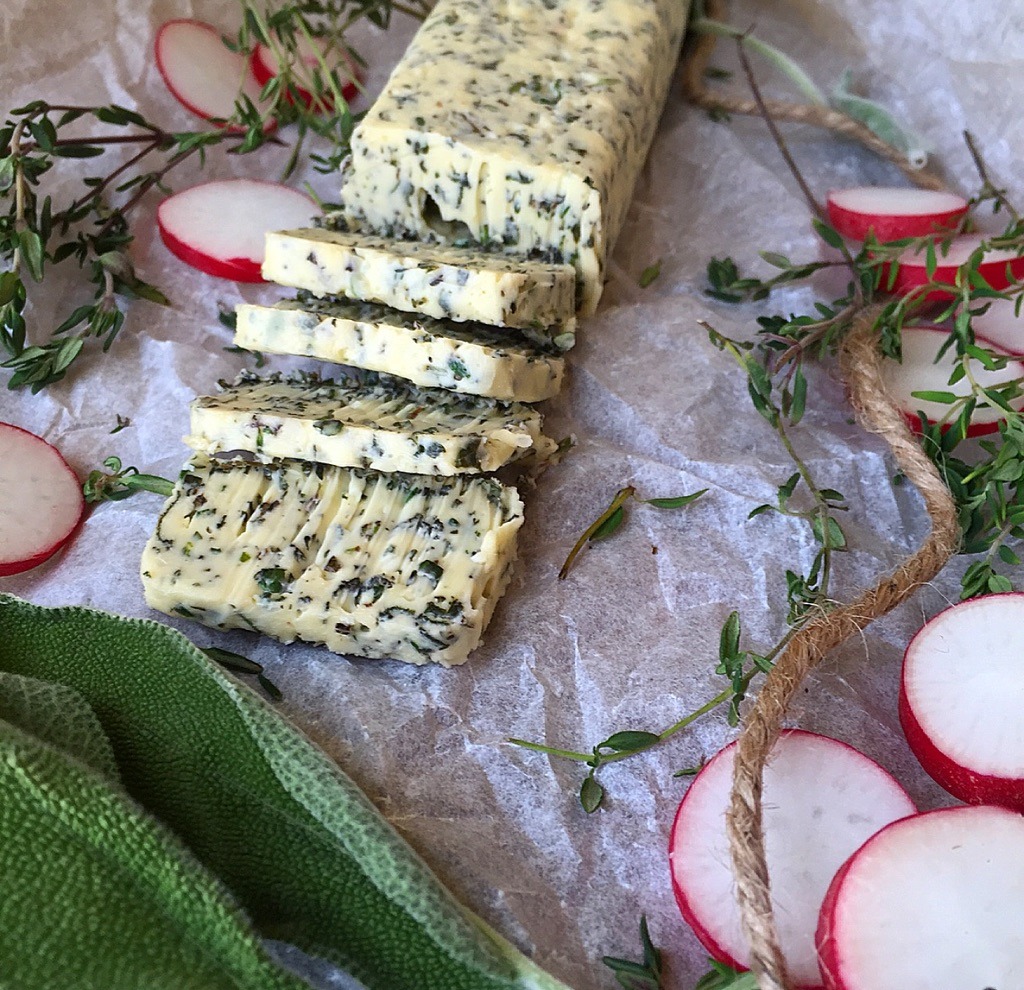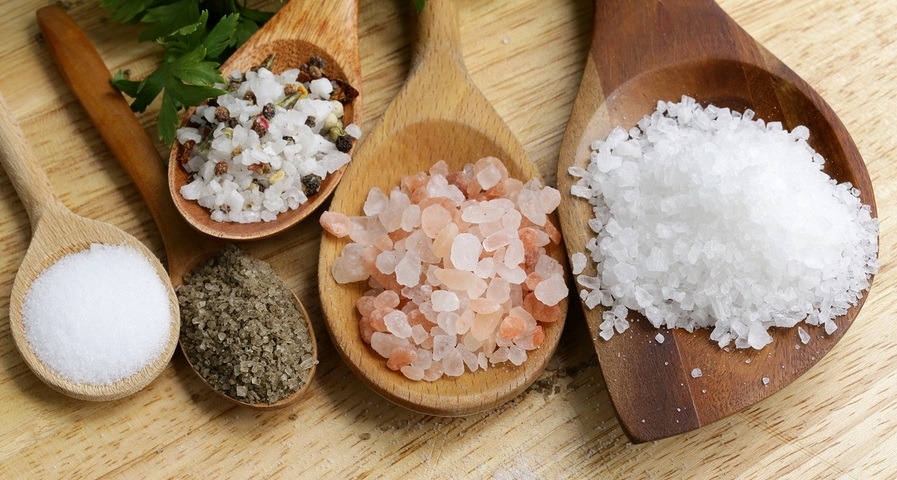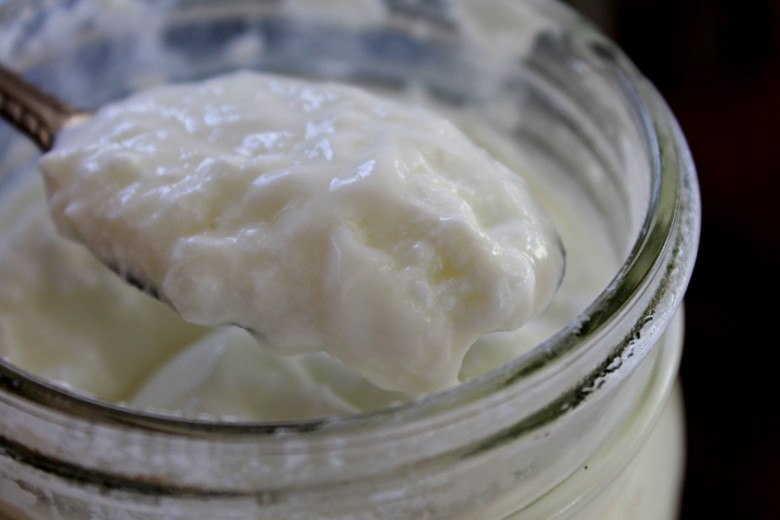News regarding traditional wisdom and native diets regarding nutrition.
Anti-Obesity Report Calls for High-Fat Diet Recommendations
The idea that a low-fat diet is the answer if you struggle with weight gain and/or have risk factors for heart disease is a persistent one. For the past 50 years, obesity and heart disease have steadily risen. The question is why? Are dietary fats really to blame? And if they are, which fats gave rise to these problems? It's unfortunate, but researchers have frequently failed to take into account the fact that not all fats are created equal. Some do harm, while others are vitally important for optimal health. Even more tragic, harmful and beneficial fats have been confused, leading to a situation where people are encouraged to eat the unhealthy ones and avoid the beneficial ones. In more recent years, a number of scientists have stepped forward to promote a healthier view of dietary fats. But trying to change public policy is a difficult task that often takes one or more decades.
How a High-Fat Diet Helps Starve Cancer
In 1931, Dr. Otto Warburg won the Nobel Prize Physiology or Medicine for his discovery that cancer cells have a fundamentally different energy metabolism compared to healthy cells. Most experts consider him to be the greatest biochemist of the 20th century. His lab staff also included Hans Krebs, Ph.D., after whom the Krebs cycle was named. The Krebs cycle refers to the oxidative reduction pathways that occur in the mitochondria. So just how does the metabolic inflexibility of cancer cells differ from healthy cells? A cell can produce energy in two ways: aerobically, in the mitochondria, or anaerobically, in the cytoplasm, the latter of which generates lactic acid — a toxic byproduct. Warburg discovered that in the presence of oxygen, cancer cells overproduce lactic acid. This is known as The Warburg Effect. Mitochondrial energy production is far more efficient, capable of generating 18 times more energy in the form of adenosine triphosphate (ATP) than anaerobic energy generation. Warburg concluded that the prime cause of cancer was the reversion of energy production from aerobic energy generation to a more primitive form of energy production, anaerobic fermentation. To reverse cancer, he believed you had to disrupt the energy production cycle that is feeding the tumor, and that by reverting back to aerobic energy metabolism you could effectively "starve" it into remission. Although he was never able to conclusively prove it, he maintained this view until his death in 1970. One of his goals in life was to discover the cure for cancer. Sadly, as so typically happens in science, his theories were never accepted by conventional science despite his academic pedigree — until now. The New York Times recently published a long, detailed article about the history of modern cancer research, including Warburg's theories on cancer, which are now becoming more widely accepted.
Healthy Traditions Offers First-ever GMO-tested and Glyphosate-tested Heirloom Corn Products from Mexico
Over the past few years we have tried to find corn in the United States that tested clean for the presence of genetically modified material and the herbicide glyphosate. We tested corn products that were USDA certified organic, and corn that also made claims to be GMO-free. We found that all of them were contaminated. We have been successful in some years growing clean corn with our farmers in Wisconsin, but often subsequent harvest years turned up positive results of GMOs in our testing, forcing us to find new sources of open pollinated heirloom corn. As a result, we did not have much corn to sell to our customers, and some years we had none. But now, we have located some rural farms in Mexico that seem to have clean corn from native varieties. Healthy Traditions is excited to bring you a new line of products made from corn grown in the region where corn is thought to have originated, Central Mexico! In order to find a consistent supply of corn that tested negative for both GMO and glyphosate contamination, we began searching in Mexico, where commercial GMO corn production is currently banned because of the rich genetic diversity and cultural significance that corn has there. This open-pollinated corn has been grown in a traditional fashion, much the same way it has been done for hundreds, if not thousands of years in this region. The family of the farmer that grew this corn has a connection to the land for over a century, and the seed he uses has been passed down from generation to generation. Healthy Traditions views the opportunity to help preserve this genetically diverse corn as a great honor and one in which we are proud to be a part of. We are also pleased to work with a grist mill that has agreed to dedicate one of their stone grinders just for grinding GMO-tested and Glyphosate-tested corn. This mill processes no other grains in this facility and our corn is ground in small batches to ensure freshness.
Full-Fat Dairy Healthier than Low-Fat Dairy: Eating High Fat Linked to Lower Risk for Diabetes
The number of people with type 2 diabetes equals 9.3 percent of the population of the U.S. or 29 million people. This is an increase from the 2010 estimate of 26 million people. Another 86 million people have pre-diabetes, where their blood sugar is higher than normal but not high enough to be diagnosed with diabetes. If those with pre-diabetes do not make changes to their diet and exercise habits, between 15 percent and 30 percent will develop diabetes within the next five years. These numbers are overwhelming when you consider the complications related to diabetes have an impact on the individual, the family and the workforce. Diabetes is a serious health condition with serious complications. Without consistent blood sugar control, excess glucose in your blood causes damage to your heart, blood vessels, kidneys, eyes, gums, teeth and neurological system. The advice to eat low-fat foods and dairy products originated as far back as the late 1950s and early 1960s. A single research study performed by an economist proposed that high-fat diets were the cause of most heart disease, stroke and high cholesterol levels. Before that study, and since, other well-designed and peer-reviewed studies have refuted that evidence.
Healthy Traditions Adds Traditionally Produced and Glyphosate-Tested Raw Almonds to Product Line
Tropical Traditions announced this week that they have added Raw Italian Almonds to their Healthy Traditions product line. Unlike almonds grown in the US, that are required to be pasteurized by law, these almonds, grown in Italy, are free from that regulation. These almonds are grown by sustainable methods with no chemical pesticides, herbicides or fertilizers used on the almond trees. It carries Healthy Traditions' highest standards to earn the "Traditionally Produced" label. As an added security, they are tested for the presence of glyphosate for each batch. The family-run farm that grows these almonds for us is a diverse farm, not an almond monoculture, and these almonds are never irradiated, so they are suitable for sprouting.
Power Up With Beets
A new study has emerged that may give hope to those who may see themselves as the proverbial “90-pound weakling.” Surprisingly, the remedy can be found in the garden. The study, recently conducted at the Washington School of Medicine in St. Louis, is one of several university trials revealing that a small amount of beet juice is all it takes to beef up your exercise performance and endurance. The researchers found nine heart failure subjects who experienced the typical symptoms — loss of skeletal muscle strength, reduced ability to exercise and even evidence that quality of life was suffering. Each individual exhibited measurable improvement. The patients were given 140 milliliters — about two-thirds of a cup — of concentrated beet juice, followed by testing, which found an almost instantaneous increase in their muscle capacity by an average of 13 percent. The study was published in the journal Circulation: Heart Failure in September 2015. One of the study’s coauthors, Andrew Coggan, assistant professor of radiology at the university, asserted that’s the type of boost one might get after a few hard months of resistance training. The source of this impressive difference, studies revealed, came from nitric oxide. One of the most important benefits beet juice offers the heart is that its compounds “de-stiffen” patients’ blood vessels when the individual is at rest. This prevents the heart from having to work so hard and also demonstrates potential value to diabetics. Interestingly, it’s occurred to more than a few scientists that a similar therapy might be useful for lowering blood pressure. When testing was being done on individuals with heart failure, scientists concentrated specifically on the muscles used to extend the knee, looking for improvement in power, which they specified as a combination of force and velocity. This is crucial for athletes in training, such as sprinting or gymnastics. That easy-to-take-for-granted strength is also required by people who want to climb stairs, move furniture around, or simply get up from the toilet, an action that — if they’re unable to accomplish — is what most often puts people in a nursing home.
Grass-fed Traditions Offers Bison Bone Stock for Broth to the Public
Grass-Fed Traditions, part of the Tropical Traditions and Healthy Traditions network, has announced that it is offering bison bone stock to the public. The stock is sourced from the bones of grass-fed bison that are raised on pastures that are never treated with chemical fertilizers, pesticides, or herbicides. These magnificent animals yield bones that are perfect for making a nutrient dense stock.
Study: Saturated Fats and Coconut Oil Prevent Colon Cancer
A recent study published in the American Journal of Physiology challenged a long-held belief that high fat diets contributed to colon cancer. The authors of the study correctly stated that the lipid profile of the fats being consumed is very important to understand: "High-fat-diet (HFD) consumption is associated with colon cancer risk. However, little is known about how the lipid composition of a HFD can influence pro-oncogenic processes." This study out of the University of South Carolina looking at the effects of saturated fats on colon cancer is a very welcome study, and many more similar theories about the "dangers" of high fat diets should be challenged and looked at more carefully, studying the lipid composition of the fats being consumed. The conclusions of their experiments showed that a high fat diet rich in saturated fats, specifically coconut oil, protected against colon cancer.
Coffee Benefits May Outweigh Health Risks for Many
Coffee's affect on general health has been considered mostly negative for decades. But recent years have seen more reports and studies pointing to beneficial health effects from consuming coffee on a regular basis. Despite a recent epidemiological study that alluded to longer life without dangerous diseases among those who drank five or more cups daily, moderation and understanding one's own physiological reaction tolerance is basic for managing coffee's health benefits beyond risks. Some cannot manage even one cup of coffee without getting too fidgety to function. Others have a threshold of time for coffee that can't be broken if they want to get a good night's sleep. Another aspect to consider is the type of coffee consumed, how it's brewed, and what is added to the final brew.
Government and Corporate Interests Censor Free Speech on Nutrition
What are the supporters of the government’s “US Dietary Guidelines for Americans” afraid of? Last week, investigative journalist and author Nina Teicholz was disinvited from participating in a panel discussion at the Consumer Federation of America’s National Food Policy Conference. Other panelists reportedly said that they would not participate with her, and got the organizers of the conference to rescind Teicholz’s invitation. Why did this happen? A few background details are necessary to explain why this episode typifies how Big Food works in sneaky ways to silence dissent from the established orthodoxy.
Studies Show Neuro-Protective Effects of Real Maple Syrup
Over the past several decades of unsustainable agricultural practices, farmland topsoil has lost much of its organic mineral content. There are a few food items from crops that do not depend on topsoil for its nutrition. Among them is maple syrup. The large more commonly used maple tree varieties and even occasional birch trees tapped for their saps have roots that extend far below the topsoil level into layers of relatively pristine and less adulterated deep soil. It's there that maple syrup gets its high mineral content. Lab studies have aroused interest in maple syrup's health benefits. Current research has discovered more micronutrients and minerals in real maple syrup than previously considered, with potential positive health effects and even dementia prevention.
The Much Maligned Potato is Actually Very Healthy
What would motivate a relatively healthy man to undergo a 60 day diet of potatoes only? In 2010, Chris Voight began his successful 60 day potato fast to prove the health merits of potatoes. His inspiration was ignited by the federal WIC (Women, Infants and Children) low-income assistance program's decision to remove potatoes from the list of vegetables that were being provided. Due to his losing weight and having improved health markers from blood testing, his experience went viral at that time. He did this on a Spartan variety of 20 potatoes or less daily, cooked differently with healthy oils and seasoned lightly but never smothered with butter or sour cream or bacon bits. Chris' 60 day potato diet was done without supplements, yet his health profile after the 60 days was amazing. As a result of Chris' experiment with the 60 day potato only diet, a handful of other individuals followed his lead with somewhat shorter potato only diets, usually around 30 days, also with amazingly health boosting weight loss results.
Could Eating Saturated Fats Save 1 Million Lives per Year?
Saturated fats: Increase your LDL levels, but they increase the large fluffy particles that are not associated with an increased risk of heart disease, Increase your HDL levels. This more than compensates for any increase in LDL. Do NOT cause heart disease as made clear in all the above-referenced studies. Do not damage as easily as other fats because they do not have any double bonds that can be damaged through oxidation. Serve to fuel mitochondria and produce far less damaging free radicals than carbs.
Study: Consuming Unprocessed High-fat Cow’s Milk Protects Against Asthma
Could the consumption of processed dairy products be a leading cause of childhood asthma? That is a question researchers in Europe recently looked at, and their results were just published in The Journal of Allergy and Clinical Immunology. Significant reduction of risk for developing childhood-onset asthma is related to continuous consumption of high-fat unprocessed cow's milk, according to these European researchers. The longitudinal study looked at 1133 children from birth to age 6 years living in rural areas of 5 European countries: Austria, Finland, Germany, Switzerland, and France. The study was able to demonstrate that "continuous consumption of unprocessed farm milk contributes to protection from childhood-onset asthma." And the good news is that one does NOT have to live on a farm to enjoy these benefits. Drinking the high-fat unprocessed farm milk alone was beneficial.
Coca-Cola-funded Study: “Diet Coke Is Healthier than Water!”
“Diet Coke Is Healthier than Water!” This is according to a bizarre new Coca-Cola-funded study. A new obesity study led by Prof. Peter Rogers, PhD, of the University of Bristol, arrives at the following conclusion: “Overall, the balance of evidence indicates that use of [low-energy sweeteners] in place of sugar, in children and adults, leads to reduced [energy intake]and [body weight], and possibly also when compared with water.” Translation: diet soda is better for controlling your weight than water! Research not funded by beverage companies has found that artificial sweeteners contribute to diabetes and that diet sodas are linked to increased risk of stroke.
Beyond Soup: Six Ways to Eat More Nutrient-Dense Bone Broth
Soup and stews have been a traditional food for many societies, and for good reason. Not only does that pot stretch precious ingredients, it also makes use of one of the most nutritious, healing foods available – bone broth. Bone broth is having a resurgence in popularity in recent years. The humble simmering of meat and bones has become all the rage in some circles, with broth shops opening up next to coffee shops in large cities. This ingredient has a long list of benefits for everything from skin health to gut health to joint pain relief and more. There is a reason that Mothers and Grandmothers handed out bowls of broth and soup to their ailing loved ones in times past. They knew it was some of the most easily assimilated nourishment they could offer. But eating a cup of broth or bowl of soup at every meal - or even once per day - can be a challenge for some. Though this may be the simplest way to ingest broth, it isn’t everyone’s favorite and can lead to burnout very quickly. To avoid broth burnout and keep things interesting and delicious, here are some ideas for using broth in your daily meals.
4 Ways to Add Flavor to Your Butter
One very easy way to incorporate a healthy and traditional source of fat into your everyday diet is to consume cultured butter made from the milk of grass-fed pastured cows. Butter is so versatile and brings out the best of the flavors of whatever you add it to: enjoyed on grilled meats, steamed vegetables, baked seafood, homemade freshly baked bread made with freshly ground flour, various breakfast foods and even stirred into your morning coffee. With all of those uses for butter, wouldn't you like to know that there are just as many options for handcrafting flavors of butter to suit each and every occasion? In the following 4 recipes we'll show you how easy it is to get started creating your very own small batches of compound butters, both sweet and savory varieties.
Salt Restriction Increases Heart Disease Deaths and Hospitalizations
Since graduating from medical school in 1989, I have come to the conclusion that much of what I was taught was wrong. In fact, at my medical school graduation, the dean said, “Fifty percent of what we just taught you was wrong, your job is to figure out which part was correct and which was incorrect.” When medical students come to my office, I always encourage them to question everything I tell them and, furthermore, to question what they have been taught. I was taught in medical school that a lowered salt diet was a healthy diet—for everyone. Furthermore, it was drilled into my head that anyone with heart disease, particularly heart failure, should limit salt in his/her diet. In fact, it is still standard-of-care for a cardiologist to tell his/her heart patient to limit salt in their diet. This is especially true when the patient is suffering from heart failure. So, does limiting salt in the diet of a patient with heart failure result in a better outcome? Not according to a recent study.
Four Methods for Making Homemade (and Raw) Yogurt
Yogurt is one of the most recognized cultured foods in North America. Often over-sweetened and generally made with low-quality ingredients, it is one of the few fermented foods easily accessible at any grocery store. But it isn’t all it could be – not by a long shot. Good quality, probiotic-rich yogurt can be cultured fairly simply at home using the best milk available to you. Unprocessed cow’s milk, goat milk, and raw milk of all varieties can be used to make yogurt from thick to thin. It can then be sweetened with raw honey or fresh fruit, making a delicious breakfast or creamy treat.
Are GMOs a “Natural” Food?
The FDA recently announced that it would be accepting public input on how—or whether—to define the term “natural” on food labels. This action came about as a result of a number of petitions filed by the Grocery Manufacturer’s Association (GMA) and Consumers Union. The GMA asked the FDA to redefine “natural” so that foods derived from biotechnology (read: GMO foods) could use the label, while Consumers Union separately filed a petition asking the FDA to prohibit the use of “natural” on food labels altogether since the term is vague and misleading to consumers. The FDA is asking for public input on a variety of questions revolving around which foods should be allowed to bear the term “natural” and what kinds of things—such as processing and different manufacturing methods—should bar a food from being called “natural.” The GMA petition is a case in point—what meaning does the label have if genetically manipulated foods doused with herbicide can be called “natural”?





